
Public Health at a Glance
DEGREES OFFERED
Public Health – Health Promotion and Disease Prevention 3/2 Program Concentration, BS
Public Health – Health Promotion and Disease Prevention Concentration, BS
Public Health – Healthcare Administration and Systems Management 3/2 Program Concentration, BS
Public Health – Healthcare Administration and Systems Management Concentration, BS
RELATED PROGRAMS
Nursing Program
Health Science Progam
COLLEGE
DEPARTMENT
School of Population & Health Sciences
2601 Gentilly Boulevard
New Orleans, Louisiana 70122
Ph. (504) 283 – 4717
SPHS@dillard.edu
Office Hours:
M-F 8 a.m. – 5 p.m.
Dillard University Public Health Program
 National and worldwide health crises have highlighted the demand for public health experts. Career opportunities abound with the rapidly growing need for public health professionals in every sector.
National and worldwide health crises have highlighted the demand for public health experts. Career opportunities abound with the rapidly growing need for public health professionals in every sector.
Whether the demand is in the private, government or nonprofit sector, Dillard Public Health can help you discover career opportunities in the private, government or nonprofit sector to improve health in communities.
Prevent Disease and Injury. Promote Healthy Lifestyles. Protect Communities.
Public Health Degrees and Programs
Bachelor of Science Degree Public Health - Health Promotion and Disease Prevention 3/2 Program Concentration
Begin your transformative academic journey with Dillard University's Public Health program. Spanning 122 credit hours, our curriculum is meticulously designed to equip you with the skills and knowledge necessary for a successful career in public health:
General Education Core: 41 credit hours Major Requirements: 35 credit hours Additional Coursework: 22 credit hours Host Institution (LSU): 24 credit hours
Benefit from our partnership with LSU's School of Public Health, offering concentrations in Behavioral and Community Health Sciences, Environmental & Occupational Health Sciences, Epidemiology, and Health Policy and Systems Management.
Participate in hands-on learning experiences and community service initiatives, earning 90 service learning hours by the end of your junior year.
Enhance your writing proficiency and meet graduation requirements with our Writing Proficiency Examination.
Bachelor of Science Degree in Public Health - Health Promotion and Disease Prevention Concentration
Start your academic journey with Dillard University's Public Health program. Completing 122 credit hours, our curriculum prepares you for a dynamic career in health promotion and disease prevention:
General Education Core: 41 credit hours Major Requirements: 35 credit hours Additional Coursework: 22 credit hours Host Institution (LSU): 24 credit hours
Engage in service learning and community service initiatives, accumulating 90 community service hours by your junior year.
Demonstrate writing proficiency through our Writing Proficiency Examination and meet graduation requirements.
Bachelor of Science Degree in Public Health - Healthcare Administration and Systems Management 3/2 Program Concentration
Discover the intersection of healthcare and management with Dillard University's Public Health program. Completing 121 credit hours, our curriculum equips you for success in healthcare administration:
General Education Core: 41 credit hours Major Requirements: 35 credit hours Additional Coursework: 21 credit hours Host Institution (LSU): 24 credit hours
Tailor your education with a concentration in Behavioral and Community Health Sciences, Environmental & Occupational Health Sciences, Epidemiology, or Health Policy and Systems Management through LSU's School of Public Health.
Ensure academic success by completing all major requirements and additional coursework with a grade of "C" or better.
Engage in service learning and community service projects, accruing 90 community service hours by the end of your junior year.
Join us at Dillard University and embark on a rewarding journey in healthcare administration. Apply now to make a difference!
Bachelor of Science in Public Health – Healthcare Administration and Systems Management Concentration
Embark on a path to success in healthcare administration and systems management with Dillard University's Public Health program. Our comprehensive curriculum, totaling 121 credit hours, ensures you're equipped with the necessary skills and knowledge:
General Education Core: 41 credit hours Major Requirements: 50 credit hours Additional Coursework: 30 credit hours
Achieve academic excellence by maintaining a grade of "C" or better in all major requirements and additional coursework.
Prepare for a fulfilling career in healthcare administration and systems management by joining us at Dillard University. Apply now and take the first step towards shaping the future of healthcare!
Dive into the field of public health with our Minor in Public Health at Dillard University. This 18-credit program offers a comprehensive overview of key topics, including population/global health, environmental health, epidemiology, and health equity principles. Customize your learning experience with elective options, preparing you for a career dedicated to promoting well-being and addressing health disparities.
Dillard University Public Health Program
Choose your Path
Healthcare Administration & System Management
The Public Health – Health Promotion and Disease Prevention program trains culturally competent health advocates for equitable population health. Ideal for aspiring Health Educators, Behavioral Health Scientists, Epidemiologists, and Health Policy Analysts. This program aligns with standards from the Council on Education for Public Health, NCHEC, and ASPPH. Community Health Education leaders collaborate with communities to address health disparities. This interdisciplinary field explores social determinants of health, human behavior, culture, disparities, and equity. Customizable electives allow students to tailor their academic experience and gain additional skills such as project management.
The mission of the Public Health – Health Promotion and Disease Prevention program is to train well-rounded, culturally competent change agents for health equity and population health. This major is ideal for students who want to impact the health of communities in roles such as a Health Educator, Behavioral Health Scientist, Epidemiologist, and Health Policy Analyst.
Guided by the standards of the Council on Education for Public Health, the National Commission for Health Education Credentialing (NCHEC), and the Association of Schools & Programs of Public Health (ASPPH), the program prepares students in skills and knowledge in five key domains:
- Population Health Challenges
- Project Implementation and Evaluation
- Main, Social, and Political Determinants of Health
- Ethics and Professionalism
- Leadership and Management
Leaders in Community Health Education work with communities to improve health and decease health disparities. These individuals can work in clinical settings, in community organizations, or in the federal government. This rapidly growing field of study examines a range of concepts from social determinants of health to human behavior to culture to health disparities and equity. The judicious use of electives enables students to customize their academic experience to match their interests and gain other valuable skills for the field such project management.
- Describe the fundamental values and philosophy of public health
- Communicate public health information, in both oral and written forms and through a variety of media, to diverse audiences
- Locate, use, evaluate, and synthesize public health information
- Collaborate with multidisciplinary teams to address population health
- Analyze organizational budgeting, public health systems, and delivery of health services
- Evaluate ethical and legal aspects of health care delivery
- Critique healthcare related research and policy
- Utilize effective team leadership, strategic planning, and organizational communication models
B.S./M.P.H. Program (3/2) with LSUHSC School of Public Health
Boston University School of Public Health (Early/Preferred Admission)
Requirements for the Bachelor of Science in Public Health – Healthcare Administration and System Management
Complete a total of 121 credit hours of coursework for graduation.
General Education Core – 35 credit hours
Major Requirements – 53 credit hours
Additional Coursework – 33 credit hours
Students must complete all major requirements and additional coursework with a “C” or better.
Health Promotion & Disease Prevention Concentration
The Public Health – Health Promotion and Disease Prevention program trains change agents for health equity. Ideal for roles like Health Educator, Behavioral Health Scientist, Epidemiologist, and Health Policy Analyst. Aligned with standards from Council on Education for Public Health, NCHEC, and ASPPH. Community Health Education leaders tackle health disparities in clinical settings, community organizations, or government. This interdisciplinary field addresses social determinants of health, behavior, culture, disparities, and equity. Electives allow customization for skills like project management.
The mission of the Public Health – Health Promotion and Disease Prevention program is to train well-rounded, culturally competent change agents for health equity and population health. This major is ideal for students who want to impact the health of communities in roles such as a Health Educator, Behavioral Health Scientist, Epidemiologist, and Health Policy Analyst.
Guided by the standards of the Council on Education for Public Health, the National Commission for Health Education Credentialing (NCHEC), and the Association of Schools & Programs of Public Health (ASPPH), the program prepares students in skills and knowledge in five key domains:
- Population Health Challenges
- Project Implementation and Evaluation
- Main, Social, and Political Determinants of Health
- Ethics and Professionalism
- Leadership and Management
Leaders in Community Health Education work with communities to improve health and decease health disparities. These individuals can work in clinical settings, in community organizations, or in the federal government. This rapidly growing field of study examines a range of concepts from social determinants of health to human behavior to culture to health disparities and equity. The judicious use of electives enables students to customize their academic experience to match their interests and gain other valuable skills for the field such project management.
- Describe the fundamental values and philosophy of public health
- Communicate public health information, in both oral and written forms and through a variety of media, to diverse audiences.
- Locate, use, evaluate, and synthesize public health information
- Collaborate with multidisciplinary teams to address population health
- Integrate health behavior theory into organizational and public health initiatives
- Evaluate individual and community health needs and develop culturally competent solutions
- Adapt health promotion strategies for use across the life span
- Assess the impact of the social determinants of health on population and individual health outcomes and health disparities
B.S./M.P.H. Program (3/2) with LSUHSC School of Public Health
Boston University School of Public Health (Early/Preferred Admission)
Requirements for the Bachelor of Science in Public Health – Health Promotion and Disease Prevention
Complete a total of 122 credit hours of coursework for graduation.
General Education Core – 35 credit hours
Major Requirements – 59 credit hours
Additional Coursework – 28 credit hours
Students must complete all major requirements and additional coursework with a “C” or better.
Students must complete all major requirements and additional coursework with a “C” or better.

READY FOR THE NEXT STEP?
Join the legacy, culture, and community at Dillard University, Louisiana’s oldest HBCU. Your journey starts here.
WELCOME TO OUR COMMUNIVERSITY

